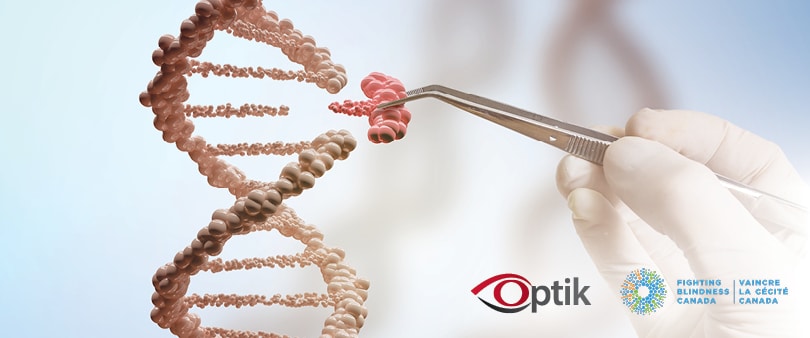Biomarkers Help Diagnose Diabetic Retinopathy and Amd Earlier
Wednesday, December 22 2021 | 09 h 19 min | News, Vision Science
A biomarker is a biological signal that tells scientists if a normal or abnormal process is happening. Across many disease areas, researchers are trying to identify biomarkers that will help diagnose diseases earlier or provide earlier indications that a treatment might (or might not) be working, with the hope that this leads to better outcomes.
Two studies that have identified potential biomarkers that could lead to earlier diagnosis of diabetic retinopathy (DR) and age-related macular degeneration (AMD).
In the first study, published in the journal Plos One, researchers from Indiana University used artificial intelligence (AI) to see if they could detect DR earlier. Diabetes can cause damage to the eyes before this can be detected by an eye exam. Using AI analysis of retinal images, researchers were able to identify diabetic eyes based on changes that the computer could detect earlier than they would have been able to during a clinical exam.
The second study published in the American Journal of Human Genetics, researchers at Queen Mary University of London identified five proteins that regulate the immune system that are higher in people who have AMD. These proteins are related to another protein, Complement Factor H which was previously shown to be associated with AMD risk. This study suggests that there are additional proteins that might be important and, in the future, might lead researchers to be able to predict who is at risk of developing AMD even before symptoms have started.
The next step for these studies is to test if they are able to effectively predict disease earlier in large populations and importantly, if this improves outcomes over traditional diagnosis methods.








